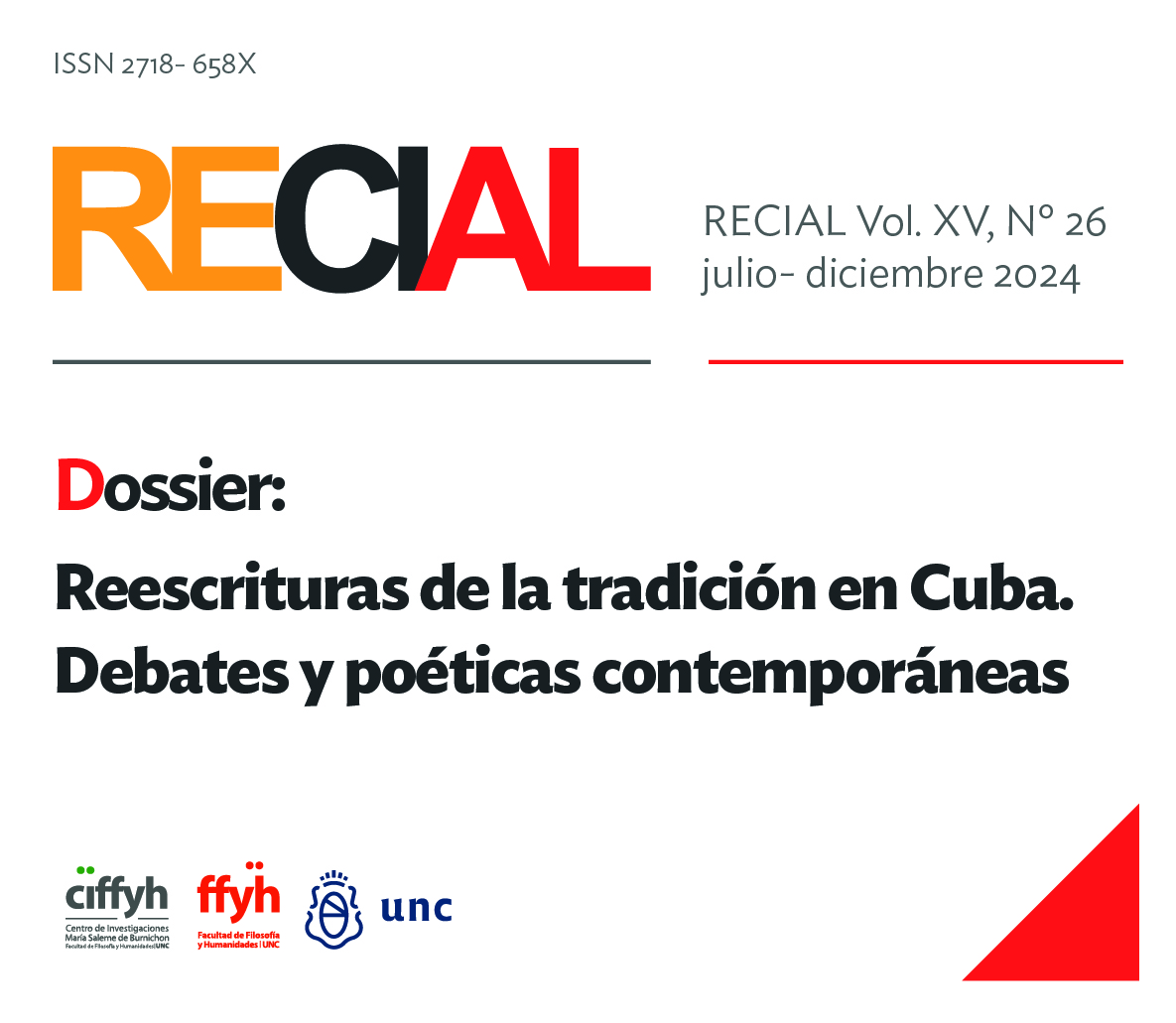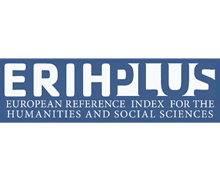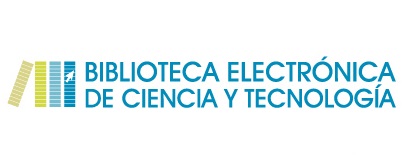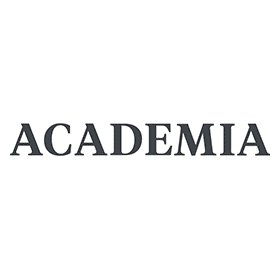Pretranslational analysis of “My mother” by Jamaica Kincaid: Bildungsroman and metamorphosis
DOI:
https://doi.org/10.53971/2718.658x.v16.n26.47190Keywords:
Bildungsroman, short story, metamorphosis, pedagogical translation criticism, translation problemsAbstract
In the training of literary translators, the use of models for translation criticism allows approaching this activity in a systematic way. The article presents the application of Elena’s (1997) pedagogical critique of the translation model in “My mother”, a short story by Jamaica Kincaid (2013). The objective is to show how this methodological tool unveils the textual and extratextual emerging characteristics of the text, and its application in both the translation critique and in the planning of a translator’s translation strategy that avoids deforming tendencies (Berman, 1985/1991, 1990, 1995, 2008). Among the different translation problems found in “My mother”, the following are highlighted: the poetic language in a text written in prose, the rendering of the metamorphosis, and the use of Perfect verbal forms associated with this device and the narrative plot of the Bildungsroman; the problems and the deforming tendencies worked as criteria for the critique of a Spanish version of the story by Pérez Viza (2007) and a translation a la letre of this. The conclusion is that practicing the pedagogical translation criticism process fosters the development of the skills that are necessary for translation criticism, planning and evaluation of the translator’s own project in the education of literary translators.
Downloads
References
Bajtín, M. M. (1982). Estética de la creación verbal. México: Siglo XXI Editores.
Berman, A. (1990). La retraduction comme space dela traduction. Palimpsestes, 4, 1–9.
Berman, A. (1985/1991). L’analytique de la traduction et la sistématique de la déformation. En Autor, La Traduction et la lettre ou l'Auberge du lointain (pp.49-68). París: Ed. Seuile.
Berman, A. (1995). Critique des traductiones: John Donne. Recuperado de https://po-et-sie.fr/wp-content/uploads/2018/11/59_1992_p3_20.pdf
Berman, A. (2004). Translation and the Trials of the Foreign. (Translated by Lawrence Venuti). En L. Venuti (Ed), The Translation Studies Reader (pp.276-289). London/New York: Routledge.
Berman, A. (2008). L’Âge de la traduction: «La tâche du traducteur» de Walter Benjamin, un commentaire. París: Presses Universitaires de Vincennes.
Childs, P. y Fowler, R. (2006). The Routledge Dictionary of Literary Terms. London and New York: Routledge. Recuperado de https://www.uv.es/fores/The_Routledge_Dictionary_of_Literary_Terms.pdf
Elena, P. (1997). La crítica pedagógica de la traducción. Actes del II Congrés Internacional sobre Traducció, UAB, 47-61. Recuperado de https://ddd.uab.cat/pub/caplli/1997/240637/coninttra_a1994p47.pdf
Elena, P. (1999). La crítica de la traducción: otros métodos, otros objetivos. TRANS, (3), 9–22. https://revistas.uma.es/index.php/trans/article/view/2385/2198
García Fernández, L. (2006). A stativistic Theory of Lexical Aspect and its Impact on Grammatical Aspect. En Laura Bruguè (Ed.), Studies in Spanish Syntax, pp.61-104. Venezia: Università Ca’ Foscari Venezia.
Jeffers, T. L. (2005). Apprenticeships. The Bildungsroman from Goethe to Santayana. New York: Palgrave Macmillan.
Jossa, E. (2017). Cuerpos subversivos. La metamorfosis en la literatura centroamericana actual. Confluencia, 33(1), 15–27. https://www.jstor.org/stable/26529284
Kelly, D. (2002). Un modelo de competencia traductora: bases para el diseño curricular. Puentes, 1 (1), 9-20.
Kincaid, J. (2013). At the bottom of the River, New York: Farrar, Straus and Giroux.
King Lee, T. (2011). The Epistemological Dilemma of Translating Otherness. Meta, 56 (4), 878–895. https://doi.org/10.7202/1011258a
Koller, W. (1983). Einführung in die Übersetzungswissenschaft. Heidelberg: Quelle & Meyer.
Laca, B. (2010.) Perfect Semantics: How Universal are Ibero-American Present Perfects? En Claudia Borgonovo et al. (Ed.), Selected proceedings of the 12 Hispanic Linguistics Symposium, pp.1-16. Somerville, MA: Cascadilla Proceedings Project.
León Suárez, J. (2019). Hermenéutica dialógica: claves para pensar la escucha en la educación. Folios, (49), 71-81. https://doi.org/10.17227/folios.49-9392
López Gallego, M. (2013). El Bildungsroman. Historias para crecer. Tejuelo, (18), 62-75. https://dialnet.unirioja.es/servlet/articulo?codigo=4659311
Markham, E. A. (Ed.). (1996). The Penguin Book of The Caribbean Short Stories. London, New York: Penguin Books.
Martínez Atienza, Ma. (2006). A Comparative Analysis between the English and Spanish Aspectual Systems. En Laura Bruguè (Ed.) Studies in Spanish Syntax, (pp.151-174). Venezia: Università Ca’ Foscari Venezia.
Ovidio. (s. f.). Libro III de las Metamorfosis. Recuperado de https://es.wikisource.org/wiki/Las_metamorfosis:_Libro_III
Parra Galiano, S. (2023). El tiempo invertido en la autorrevisión: ¿un indicador sobre el aprendizaje en la formación de traductores?. Onomázein, 57-78, DOI:10.7764/onomazein.ne12.03
Perego, M. (2019). The Caribbean Bildungsroman in English: a response to colonial education (Tesis doctoral). Università Cattolica del Sacro Cuore. Recuperado de https://tesionline.unicatt.it/bitstream/10280/78939/1/tesiphd_completa_Perego.pdf
Pimentel, L.A. (2001). El espacio en la ficción: ficciones espaciales: la representación del espacio en los textos narrativos. México: UNAM, Siglo XXI Editores.
Piolti Cholant, G. (2018). Since Why is Difficult. The Representation of Violence and Trauma in African-American and Afrocaribbean Literature by Women: Autobiography, Fiction, and Subjectivity Construction in the Bildungsroman [(Tesis doctoral). Universidade de Coimbra. Recuperado de https://estudogeral.uc.pt/bitstream/10316/87533/4/Since%20Why%20is%20Difficult%3A%20The%20Representation%20of%20Violence%20and%20Trauma%20in%20African-American%20and%20Afro-Caribbean%20Literature%20by%20Women.pdf
Puga, R. (2016). O Bildungsroman: (Romance de Formação) Perspectivas. Lisboa: Cetaps-Center for English, Translation and Anglo-Portuguese Studies/Institute of Modern Languages Research.
Reiss, K. (1981). Der Übersetzungsverglích: Formen– Funktionen–Anwendbarkeit. En W. Kühlwein, G. Thome & W. Wolfram (Eds.), Kontrastive Linguistik und Übersetzungswissenschaft (pp. 311–319). Múnich: Wilhelm Fink Verlag.
Stecher, A. y Stecher, L. (2010). Identidad y discursos multiculturales en los ensayos de Jamaica Kincaid. Estudios Filológicos, (46), 137-155. https://dx.doi.org/10.4067/S0071-17132010000200008
Toury, G. (1980). In search of a theory of translation. Tel–Aviv: Porter Institute for Poetics and Semiotics.
Xiuxia, Z. (2008). Female Bonding and Identity Formation in the Female Caribbean Bildungsroman (Tesis de maestría). National University of Singapore. Recuperado de https://scholarbank.nus.edu.sg/handle/10635/13243
Downloads
Published
Issue
Section
License

This work is licensed under a Creative Commons Attribution-NonCommercial-ShareAlike 4.0 International License.
Aquellos/as autores/as que tengan publicaciones en esta revista, aceptan los términos siguientes:
- Los/as autores/as conservarán sus derechos de autor y garantizarán a la revista el derecho de primera publicación de su obra, el cuál estará simultáneamente sujeto a la Licencia de reconocimiento de Creative Commons que permite a terceros compartir la obra siempre que se indique su autor y su primera publicación esta revista.
- Los/as autores/as podrán adoptar otros acuerdos de licencia no exclusiva de distribución de la versión de la obra publicada (p. ej.: depositarla en un archivo telemático institucional o publicarla en un volumen monográfico) siempre que se indique la publicación inicial en esta revista.
- Se permite y recomienda a los/as autores/as difundir su obra a través de Internet (p. ej.: en archivos telemáticos institucionales o en su página web), luego de su publicación en la revista. (Véase El efecto del acceso abierto).

























